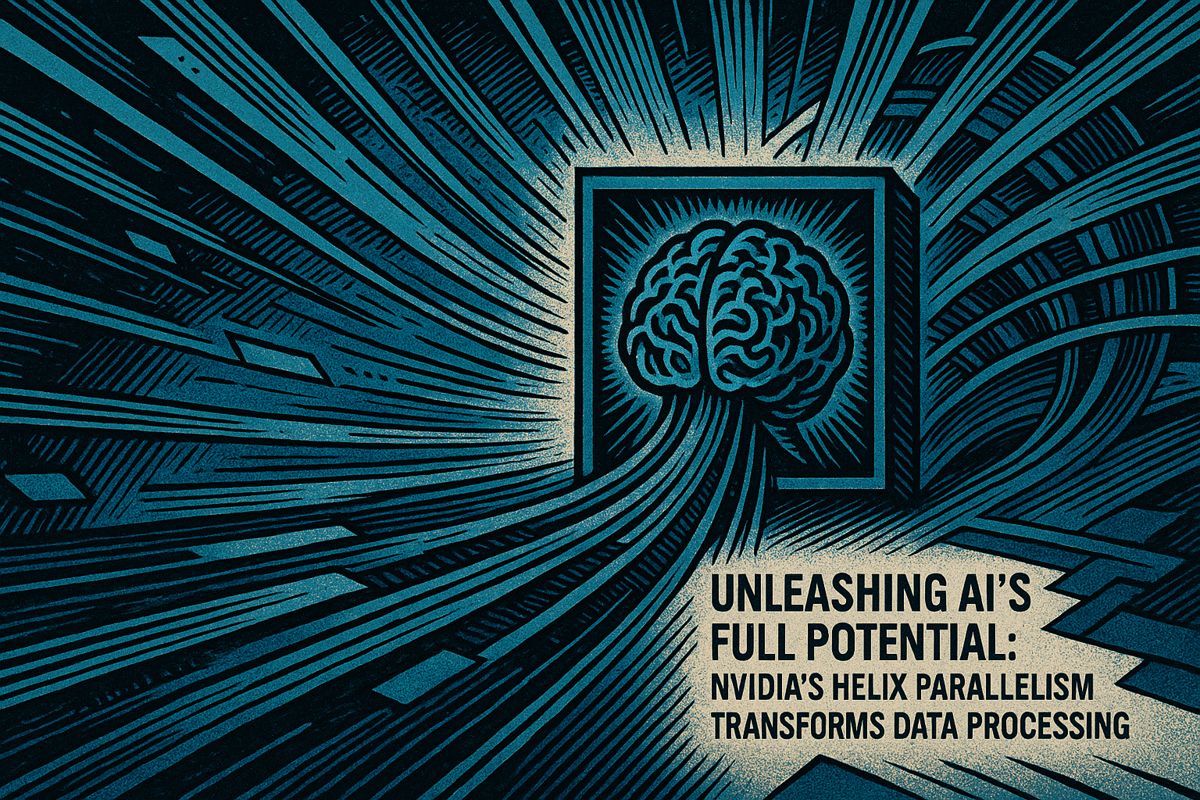Relevance Engineering is a new way to help brands show up as top answers in AI-powered searches, like voice assistants and AI summaries. Instead of focusing on keywords, it uses smart content design and clear facts so AI systems can easily cite and trust the information. As more people use AI for searching instead of clicking on links, it’s important for brands to make their content ready for these new search styles. Trust in AI answers is still low, so brands should be transparent and use expert reviews to boost credibility. Teams that follow these steps are already seeing more mentions and getting more visitors from AI search results.
What is Relevance Engineering and how does it impact AI-powered search in the zero-click era?
Relevance Engineering is the practice of designing content for discovery across AI-powered search platforms. It emphasizes optimizing for semantic footprint, structured data, and generative engine optimization (GEO) to ensure brands are cited and visible as authoritative answers in zero-click environments like AI Overviews and voice search.
AI-powered search has quietly overtaken keyword-driven routines. According to the latest quarterly data, Google still claims 89.8 % of global search volume, yet this is the first time since 2013 that its share has slipped below 90 %. The gap is being filled by new actors: ChatGPT already handles 9 % of all queries worldwide and records a 14-minute average session length – almost triple Google’s 5 minutes.
From SEO to Relevance Engineering
Traditional SEO was built around ranking ten blue links. In 2025, answers often appear as a single AI-generated paragraph above those links or inside a voice assistant response. The manual being circulated among enterprise teams proposes Relevance Engineering as a design discipline for these new surfaces:
- treat every discovery system – from LLM chatbots to app-store search – as a channel in which visibility must be engineered, not optimized
- optimize for semantic footprint rather than exact-match keywords
- structure data so that models can cite, quote or summarise your content with confidence
The Rise of Conversational Search
Conversational queries have become the default behaviour for younger users: 71 % of Americans now turn to AI first when researching products, and half prefer asking natural-language questions over typing keywords. This shift has birthed Generative Engine Optimization (GEO) – the practice of crafting content so that large language models recommend it within an answer, not just list a link.
Key GEO tactics emerging in 2025:
| GEO Action | Expected Outcome in AI Answers |
|---|---|
| Dense citation statements | Higher chance of direct quote in AI summary |
| Structured fact blocks | Inclusion in knowledge panels and shopping carousels |
| Semantic expansion | Visibility for related sub-topics surfaced by models |
Practical examples and prompt templates are compiled in the AI Search Manual.
Zero-Click Reality
Google’s Search Generative Experience (SGE) shows AI Overviews in more than 50 % of tracked keywords; 26 % of users made a purchase through voice search in the last six months alone. The result is a *zero-click * environment where brands must win the single, authoritative answer rather than compete for click-through.
Trust & Transparency
Consumer trust remains fragile: only 13 % of shoppers “mostly or completely” trust AI shopping advice, while 41 % express no trust at all. To counter this, the manual recommends:
- transparent citation markup
- third-party validation signals (schema.org review markup, expert quotes)
- regular monitoring of how models summarise your brand
Adoption Snapshot
| Platform | Global Query Share (Q3 2025) | Avg. Session |
|---|---|---|
| 89.9 % | 5 min 12 s | |
| ChatGPT | 9.0 % | 14 min 09 s |
| Bing | 4.0 % | 6 min 45 s |
| DuckDuckGo | 0.9 % | 4 min 30 s |
Sources: First Page Sage market report, Statcounter August 2025.
Practical Next Steps for Teams
- Inventory where your content is discoverable (LLMs, app stores, voice assistants)
- Audit each channel for semantic completeness and structured markup
- Run small-scale GEO experiments: publish concise, fact-dense answers to high-intent questions and monitor AI citation rates
- Establish a review loop that updates content as model behaviour shifts
The manual’s case studies show that teams implementing these steps have seen up to 27 % lift in AI-cited mentions within eight weeks, a metric that directly correlates with traffic and revenue in early adopters.
What is Relevance Engineering and how does it differ from traditional SEO?
Relevance Engineering reframes SEO as an engineering challenge, shifting from keyword and link optimization to building visibility across all discovery systems, including generative AI platforms like ChatGPT and Google AI Overviews. While traditional SEO focuses on ranking in search engine results pages (SERPs), Relevance Engineering treats every platform – from conversational chatbots to app stores – as channels where relevance must be engineered, not merely optimized. This approach is particularly crucial as 71% of Americans now use AI to search for information online, with zero-click answers becoming the norm.
How is Generative Engine Optimization (GEO) changing content marketing strategies?
GEO is fundamentally reshaping how businesses approach content marketing by prioritizing visibility within AI-generated answers over traditional search rankings. Content must now be optimized for semantic clusters and contextual signals rather than keyword matching. Key changes include:
– Shift from SERP rankings to AI citations – becoming the top recommendation within AI responses
– Expanded semantic footprint – covering topics comprehensively to increase AI reference likelihood
– Enhanced fact-density and authority – AI engines prioritize well-cited, factually dense content
– Structured data implementation – making content technically accessible for AI parsing
This evolution is critical as Google AI Overviews now appear in 13% of all search results, with more than half of tracked keywords triggering AI-generated answers.
What are the current market dynamics between traditional search and AI platforms?
The search landscape is experiencing unprecedented shifts:
– Google maintains dominance at 89.8% market share (Q3 2025), but this represents its lowest point in over a decade
– ChatGPT commands 9% of global queries, with 400+ million weekly users
– AI conversational platforms collectively account for 5-6% of global search market
– Session duration on ChatGPT averages 14 minutes vs Google’s 5 minutes, indicating deeper engagement
The distinction between traditional and AI-powered search continues to blur as major platforms integrate conversational AI features.
How are consumers adopting AI-powered shopping assistants and voice search?
Consumer adoption is accelerating rapidly:
– AI shopping assistants: $4.34 billion market size in 2025, growing at 27% CAGR
– 14% of Americans have used AI shopping assistants (mid-2025), with 24% Gen Z adoption
– Voice commerce: 50% of consumers have made purchases via voice assistants
– Satisfaction rates: 80% satisfaction among voice assistant users
– Trust challenges: Only 13% completely trust AI shopping advice, indicating room for improvement
The key drivers are personalized recommendations and hands-free convenience, while barriers remain around trust and privacy concerns.
How should organizations prepare for the future of AI-powered search?
Organizations must:
1. Invest in Relevance Engineering capabilities covering all discovery channels
2. Implement GEO strategies alongside traditional SEO for holistic visibility
3. Structure content for AI consumption with clear formatting and schema markup
4. Build authoritative digital presence across platforms where AI engines source information
5. Monitor AI platform references and adapt strategies based on how AI cites their content
The AI Search Manual provides practical templates and regular updates to help teams implement these strategies effectively as the landscape continues evolving.



















